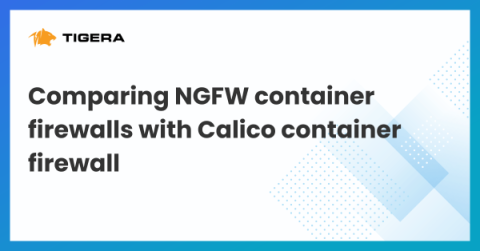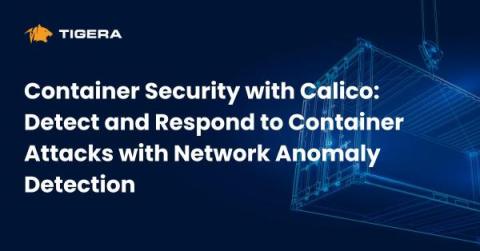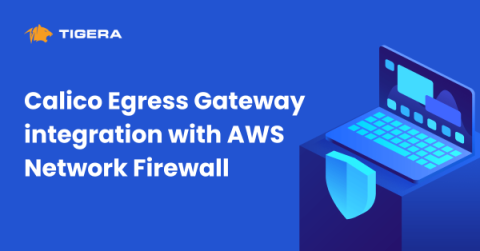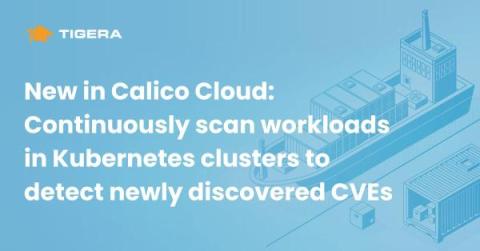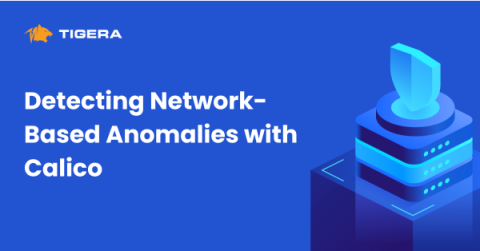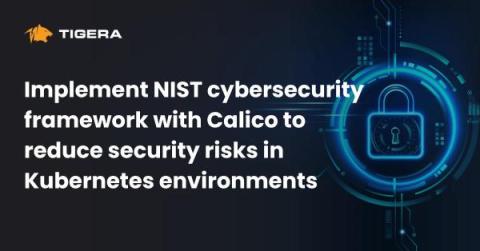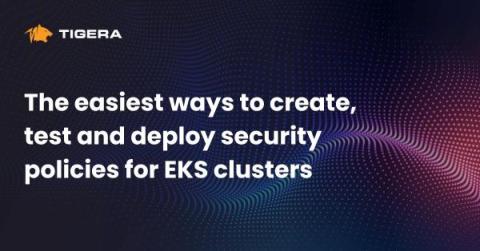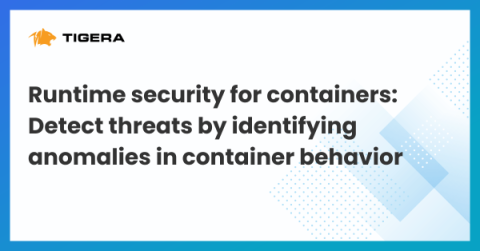Comparing NGFW container firewalls with Calico container firewall
In my previous blog post, I touched upon some challenges with how NGFW container firewalls are built and how it takes a team of firewall specialists to deploy, configure and maintain the firewall platform. In this blog I will illustrate the challenges in detail and demonstrate the simplicity of the Calico container firewall platform.


